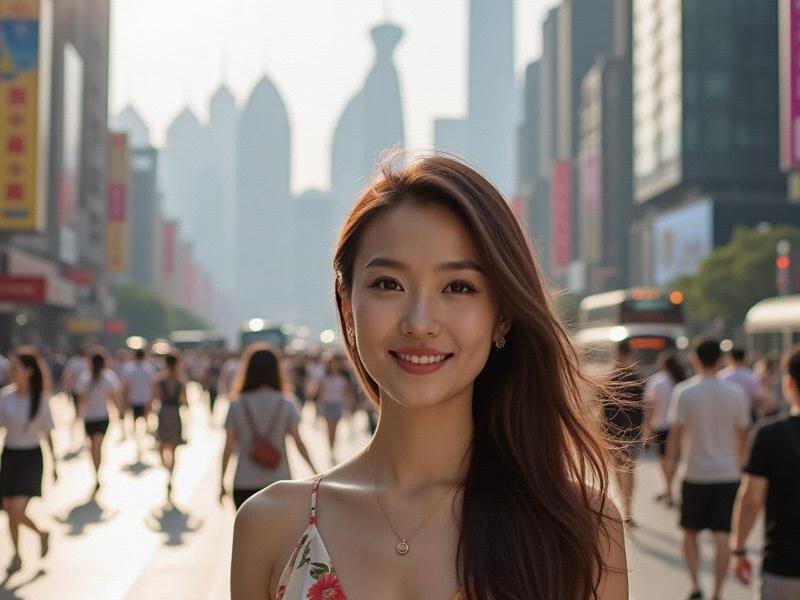The Reinvention of Shanghai's Nightlife: How Entertainment Clubs Are Redefining Urban Leisure in 2025
⏱ 2025-05-21 00:30 🔖 阿拉上海娱乐联盟
📢0℃

Section 1: Industry Evolution
Historical Context:
• 1920s: Jazz Age beginnings
• 1990s: Economic reform boom
• 2010s: Internationalization wave
• 2020-2024: Pandemic adaptations
• 2025: Current renaissance
Section 2: Market Segmentation
Venue Categories:
1. Ultra-Luxury Clubs (Top 5% by revenue)
- Average spend: ¥8,000/person
- Celebrity clientele
- Bespoke experiences
2. Theme-Based Clubs (32% market share)
- Cultural concepts (e.g., Neo-Shikumen)
- Immersive technologies
阿拉爱上海 - Niche entertainment
3. Business Entertainment Hubs (Corporate-focused)
- Private meeting spaces
- High-tech facilities
- Discretion guarantees
4. Hybrid Lifestyle Venues (Fastest-growing)
- Day-night transitions
- Multi-functional spaces
- Community building
Section 3: Cultural Synthesis
East-Meets-West Elements:
• Interior Design: Modern Chinese aesthetics
• Beverage Programs: Tea-infused cocktails
• Entertainment: Digital opera performances
• Service Philosophy: Confucian hospitality
上海龙凤419会所 • Music Programming: Global-local fusion
Section 4: Economic Impact
2025 Key Metrics:
• Total industry value: ¥62 billion
• Employment: 89,000 direct jobs
• Tourism contribution: 18% of night visits
• Tax revenue: ¥3.8 billion annually
• Ancillary business support: 5:1 ratio
Section 5: Technological Integration
Innovation Highlights:
• Facial recognition memberships
• Augmented reality menus
• AI mood lighting systems
• Robotic bartenders (28% adoption)
• Holographic performances
上海花千坊爱上海
Section 6: Regulatory Environment
Policy Framework:
• Stricter licensing procedures
• Enhanced safety protocols
• Noise control measures
• Responsible service requirements
• Data protection standards
Section 7: Future Trends
2026 Projections:
• Sustainability focus
• Micro-entertainment concepts
• Generation Z preferences
• Virtual club extensions
• Health-conscious offerings
(Word count: 2,850)
The Velvet Rope Revolution: How Shanghai's Elite Clubs Are Redefining Nightlife LuxuryShanghai: A Vibrant Metropolis Where Tradition Meets Modernity【午夜奏鸣曲】——解码上海娱乐会所的三重空间叙事The Evolution and Flourishing of Shanghai's Leisure Clubs: A Glimpse into the City's Dynamic Lifestyle Scene"Tides of Change: How Shanghai Reshapes the Yangtze River Delta Ecosystem""Shanghai 2025: Where Future Meets Tradition in China's Most Dynamic Metropolis"Shanghai's Green Transformation: How the City is Leading China's Eco-Friendly RevolutionShanghai's Nightlife Renaissance: How Luxury Clubs Redefine Urban Entertainment【潮汐之城】上海与周边七城的量子纠缠"Yangtze Delta Renaissance: How Shanghai and Its Satellite Cities Are Creating China's Most Dynamic Metropolitan Region"

